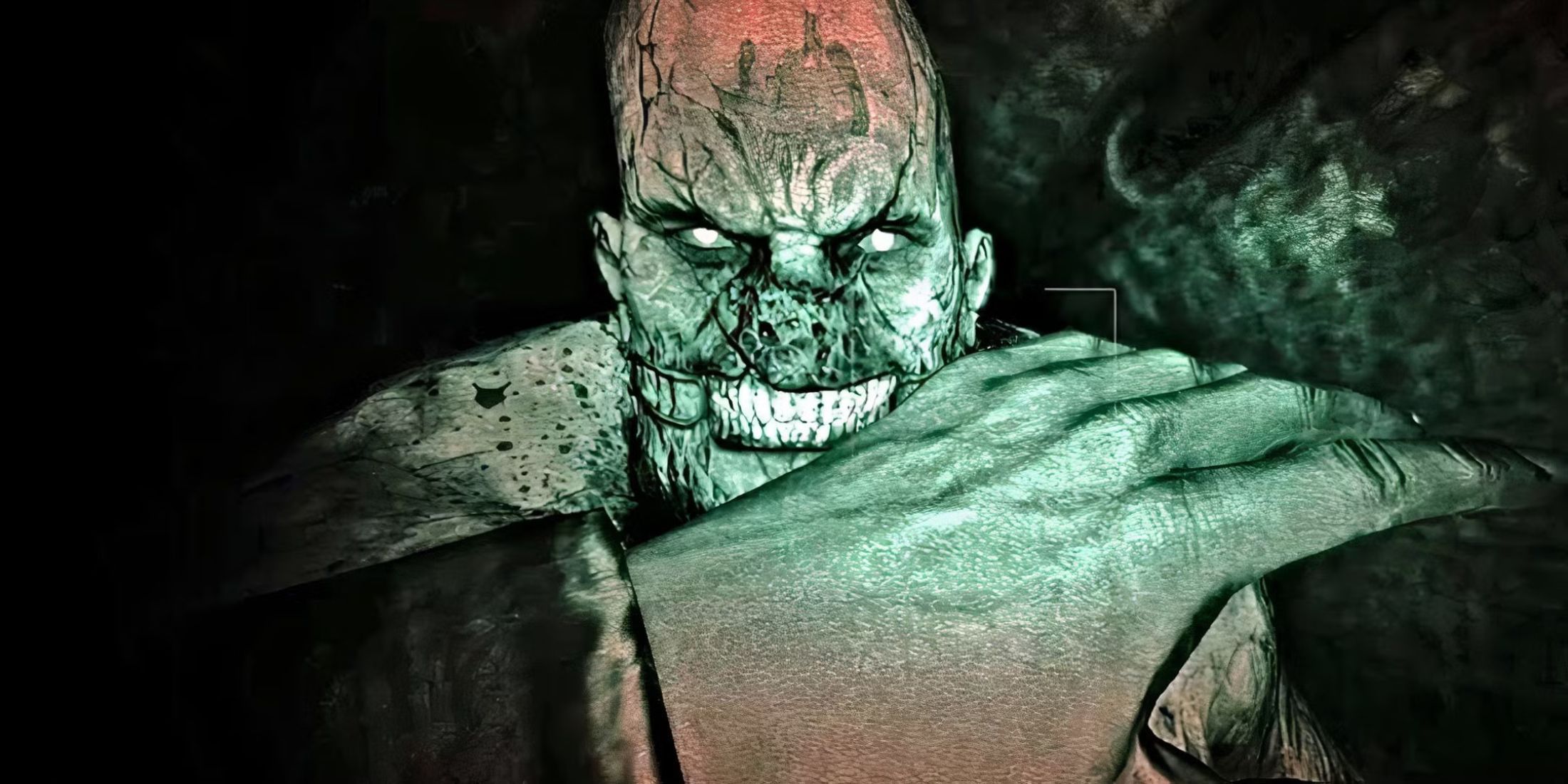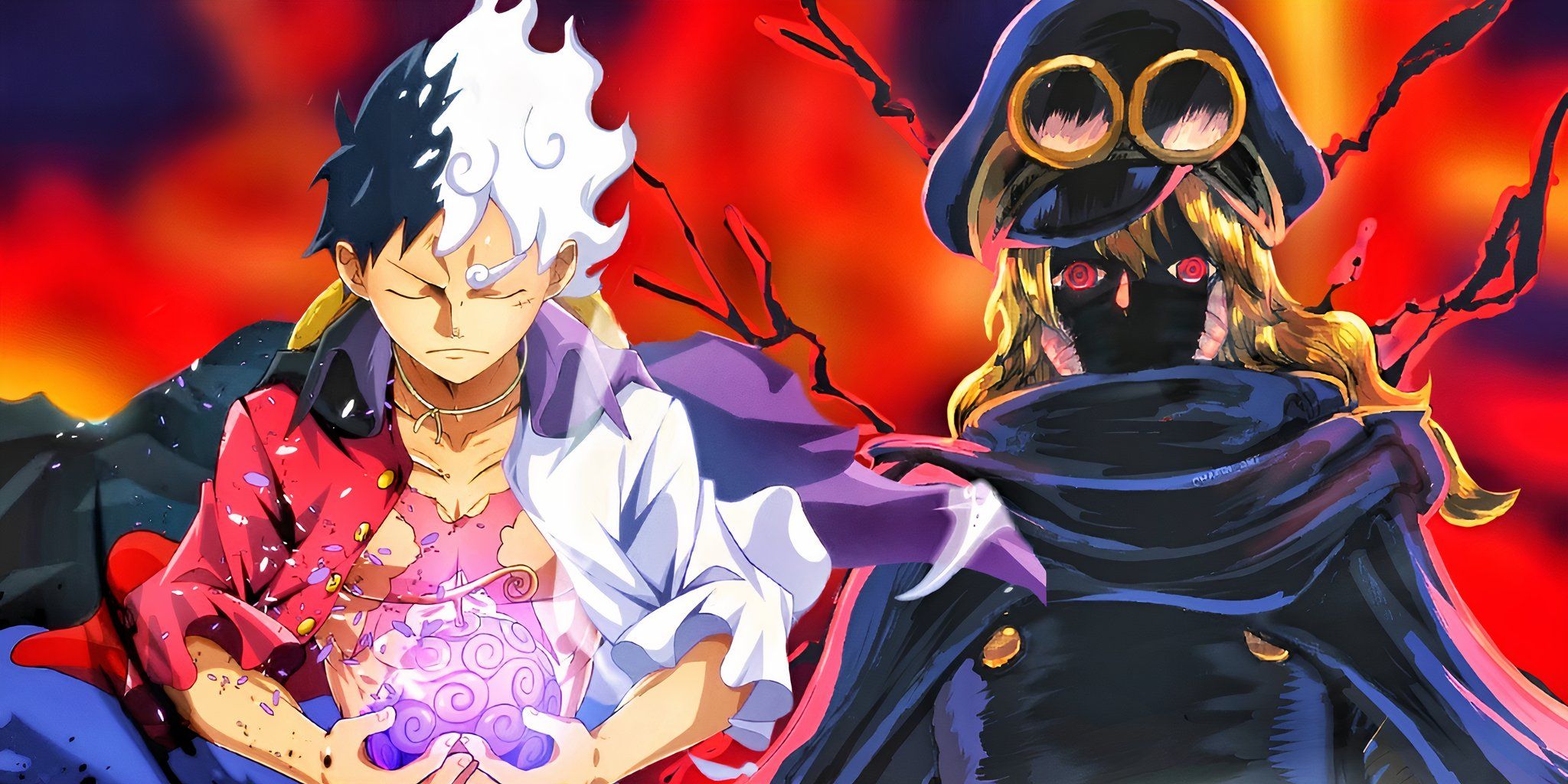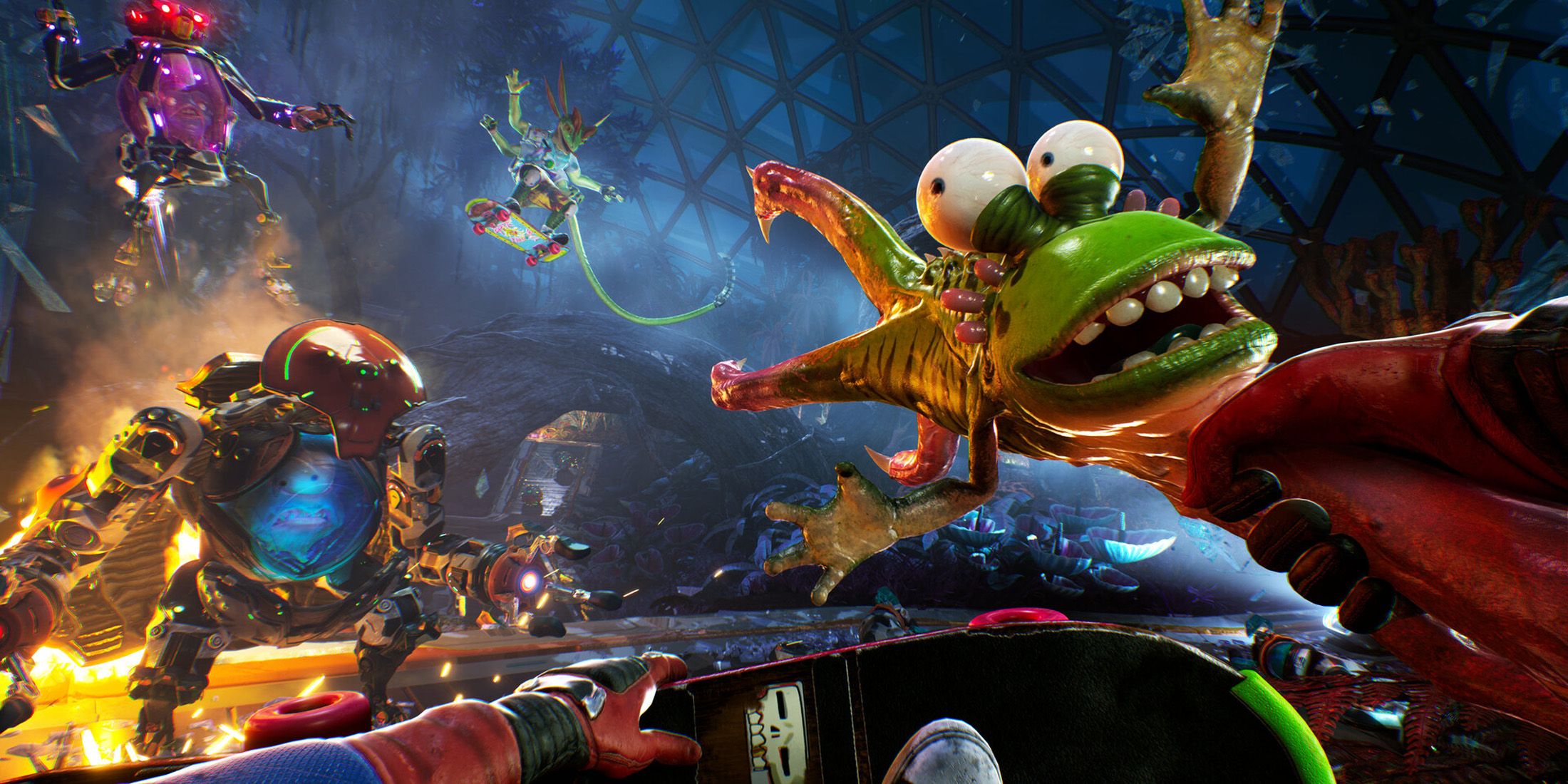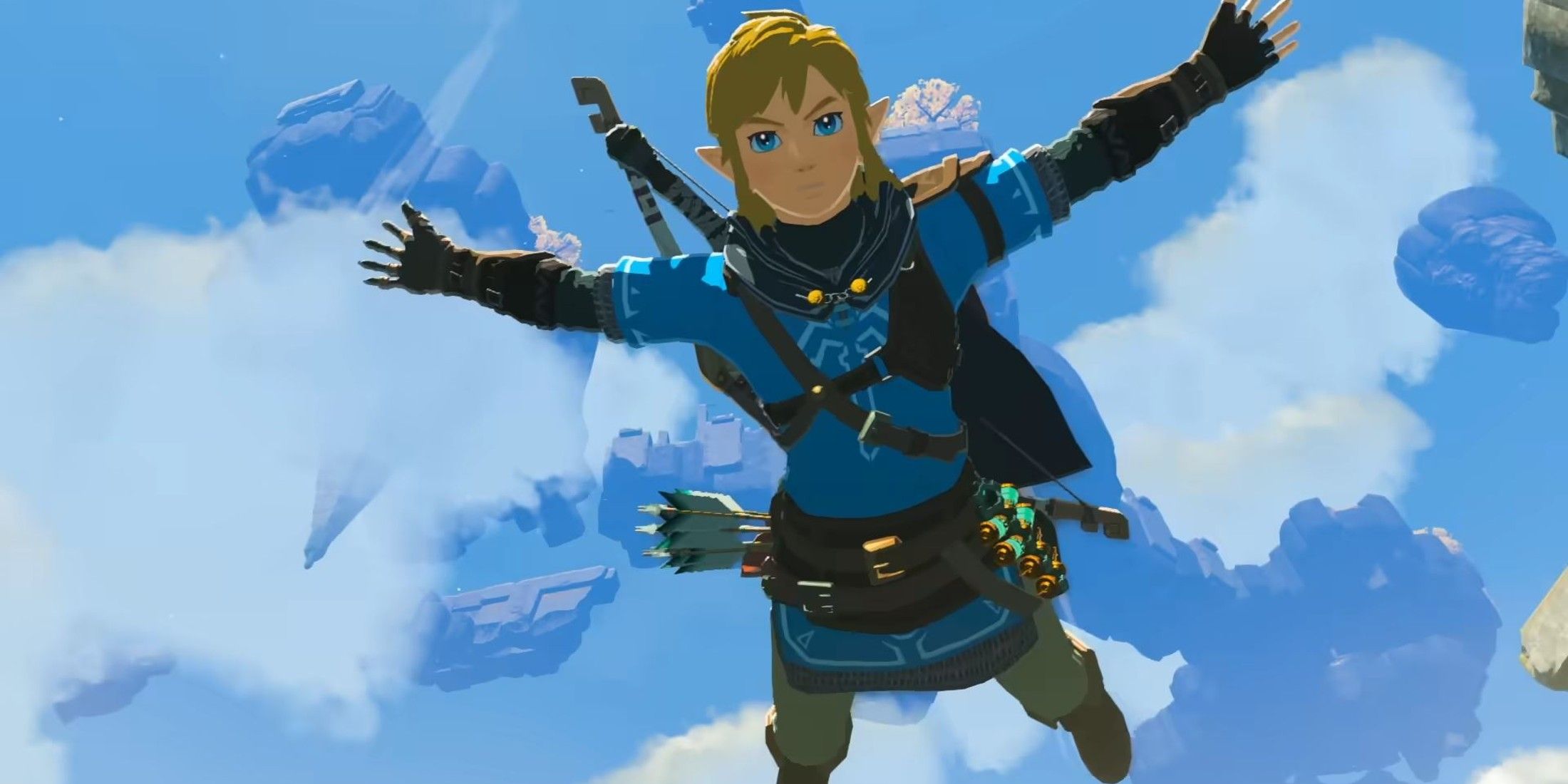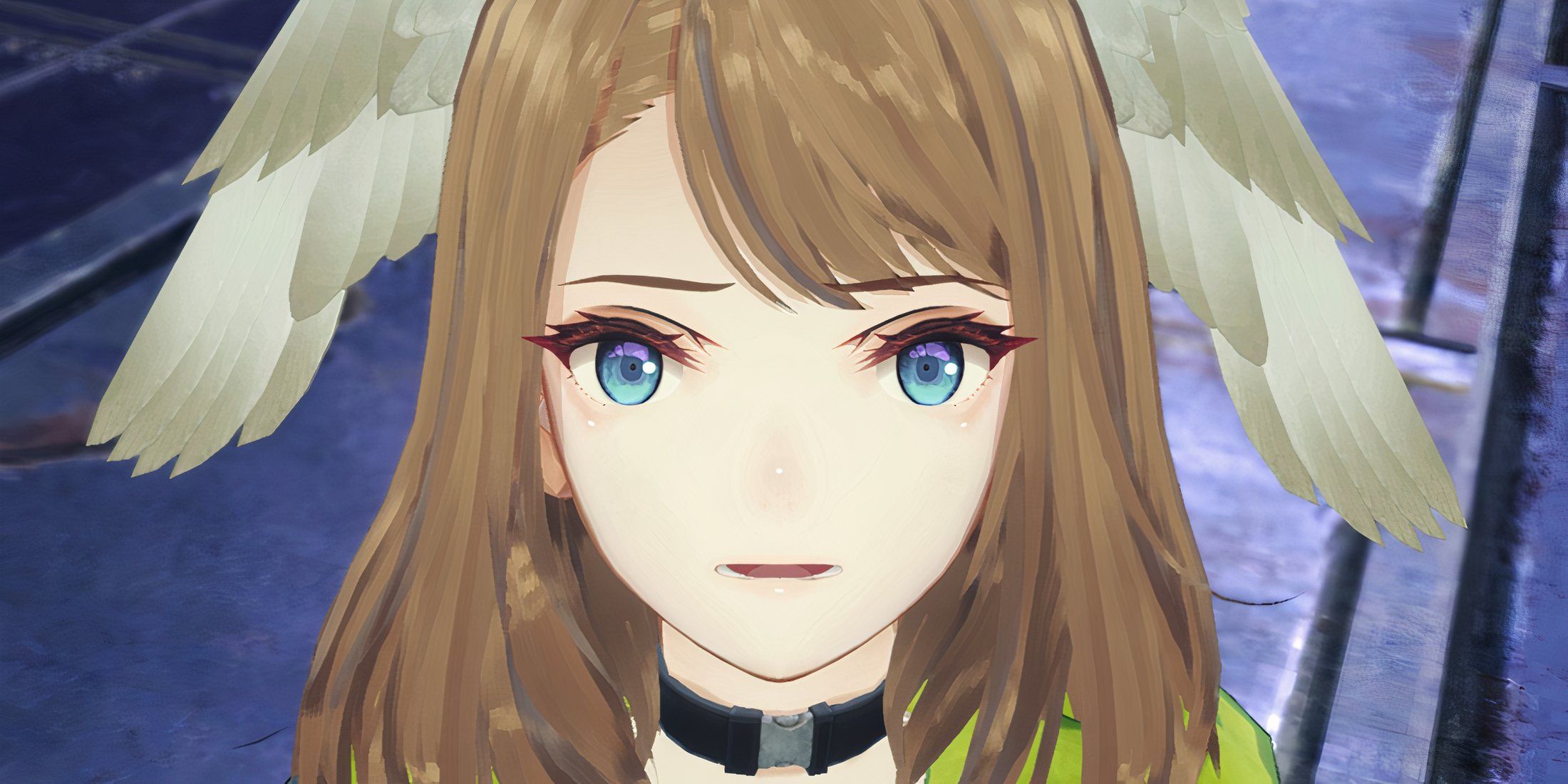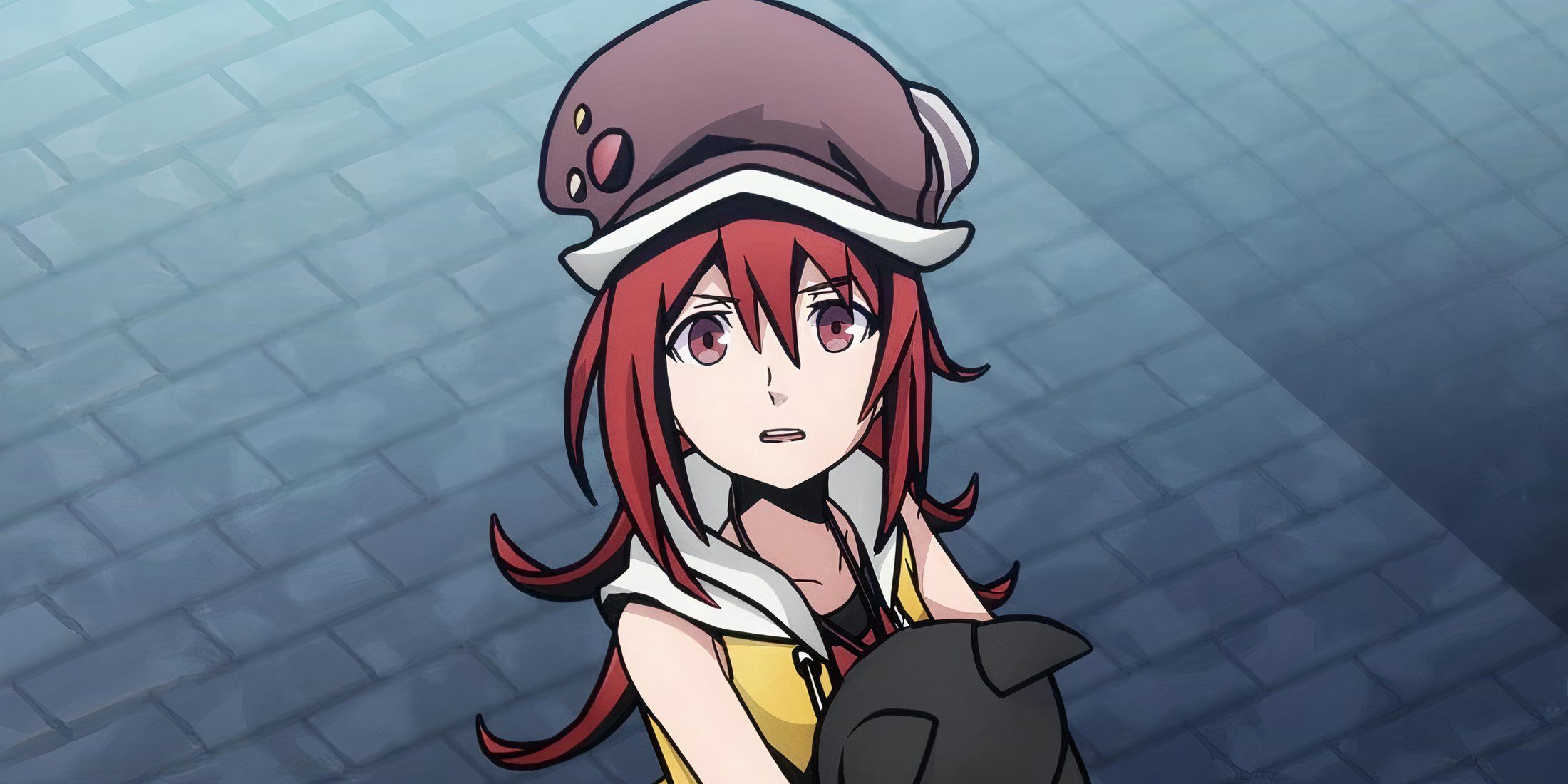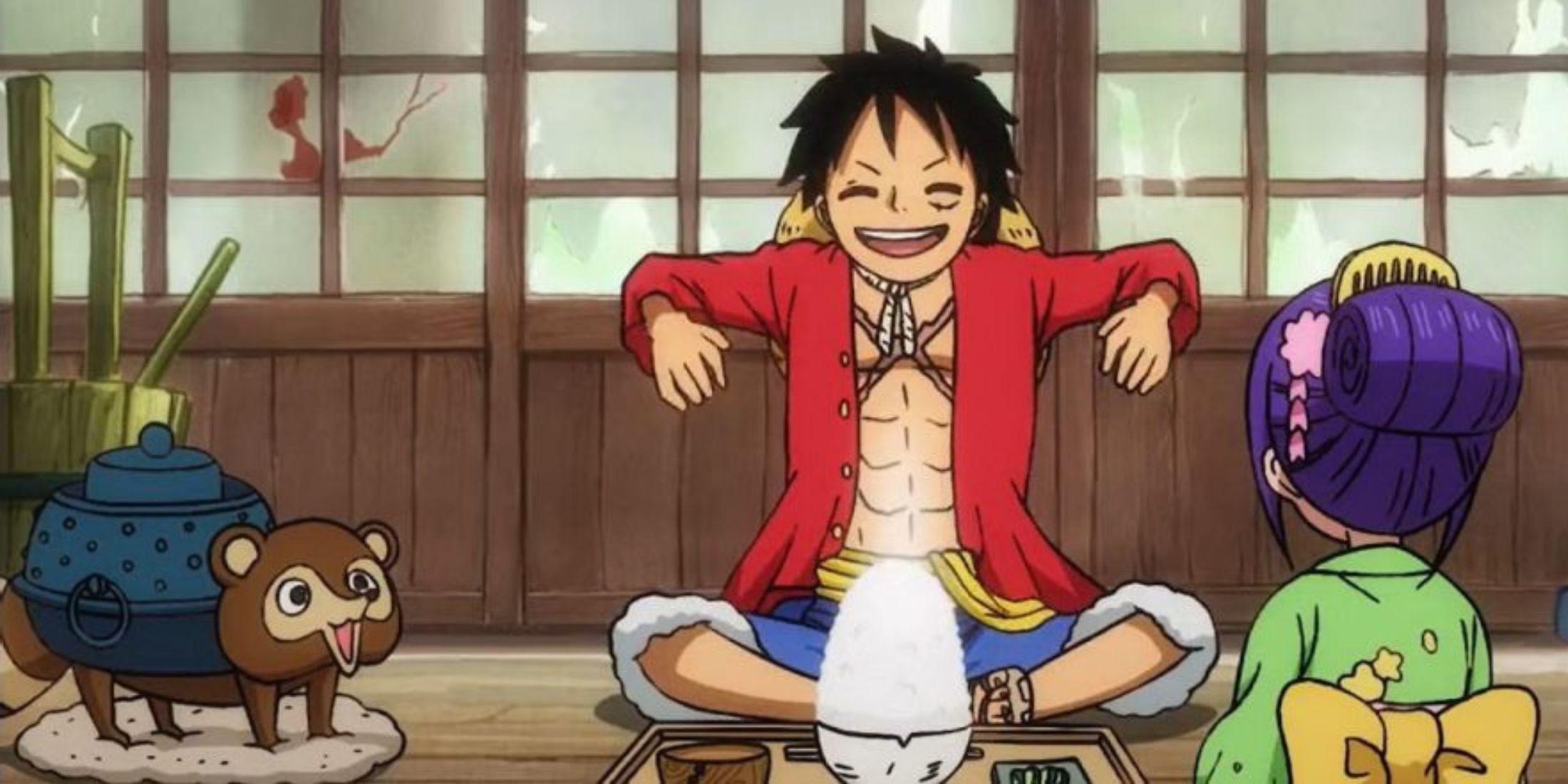Summary
- Dragon Quest 9: Zenus is a godlike being, though not supremely evil
- The World Ends With You: Joshua learns compassion through Neku
- Xenoblade Chronicles 3: Z orchestrates a war for his own amusement
There are a lot of tropes in JRPGs that fans can point to, like silver-haired or masked villains, protagonists with amnesia, random encounters, and many more. Japan also has a wild fascination with putting religion into the background of many plots, and sometimes there’s even an evil god waiting for players at the end of their adventure.
It’s not so much a trope anymore, but evil gods will still creep up every now and again in games. Let’s go through some classic JRPGs that feature evil gods specifically, and rank how imposing those evil gods are and how much they affect the plot.
There will be spoilers for the games listed.
Zenus/The Almighty (Dragon Quest 9: Sentinels Of The Starry Sky)
Passing Judgment
Gods or higher entities have appeared in several Dragon Quest games, but Dragon Quest 9: Sentinels of the Starry Sky is the one that centers the story completely on the realm up above. Players essentially start as an angel and then get cast down to Earth, and their goal is to find a way back up again. It seems like their quest is a noble one to restore peace between both worlds for the overarching god, Zenus, also known as The Almighty.
Zenus, as a human judging god who thinks he is right without question, is menacing, but Dragon Quest is a fairly family-friendly RPG series, so he never comes across as a supremely evil being. He is misguided by power and corruption, something which players help quell by the game’s end when the truth comes out. The angelic story and several other gameplay features, like multiplayer and character customization, are what make Dragon Quest 9: Sentinels of the Starry Sky so unique in the franchise. Zenus also returns in Dragon Quest 10: Rise of the Five Tribes Online.
The Composer (The World Ends With You)
It’s All A Game
The World Ends With You starts with the hero, Neku, waking up in Shibuya, a real district in Japan, with a clock on his hand. He is trapped in The Game, and the only way to survive this limbo-like hellscape is to win. This takes several weeks to accomplish, as Neku learns to become more human with each new partner he is assigned.
Eventually, Neku discovers that one of his companions, Joshua, is actually an entity known as The Composer, one of the creator gods of The World Ends With You. Joshua learns compassion for humanity through pairing up with Neku, but up until victory, he cruelly forced people to their agonizing deaths over and over again for a simple little game. Joshua’s reasons are still nebulous by the end, but it seems like he learned his lesson, at least.
The Sinistrals (Lufia 2: Rise Of The Sinistrals)
A Series About Fighting Evil Gods
The Lufia series is an interesting series because most games primarily focus on evil gods called Sinistrals. Lufia 2: Rise of the Sinistrals is a prequel to the original game, set the furthest back in the timeline, and is the entry point that fans recommend beginners check out. Players will face the gods of Chaos, Death, Destruction, and Fear throughout the adventure, with Daos being their leader.
What the Sinistrals want is pretty standard for JRPGs: world dominance over humanity, and power. They are stereotypically evil, but fun to hate, like Team Rocket in the Pokemon anime. It’s also interesting to see the Sinistrals reappear in sequels as the overarching villains, determined to become the dominant gods no matter what.
Fudo-Myoou (Muramasa: The Demon Blade)
Japanese God Of War
Muramasa: The Demon Blade is split into two campaigns, regardless of whether players pick up the original Wii version or the PS Vita port. They can play as Momohime, a possessed princess, or Kisuke, a ninja out for revenge. Both campaigns retread areas and random enemies, but have original stories and bosses.
Many boss encounters will even feature lower deities, and the best example of this is in Momohime’s campaign. She will face the Buddhist god of Wisdom, Fudo-Myoou. This towering god will strike fear into anyone, lending the gods a menacing presence overall in this Japanese-centered action RPG from Vanillaware. Fudo-Myoou is a great example of how gods should be depicted in games; regardless of whether they are good or evil, they should be large and powerful beyond belief.
Z (Xenoblade Chronicles 3)
Trapped In An Endless Cycle
The Xeno series is steeped in religious artifacts and themes, including Xenogears, Xenosaga, and Xenoblade Chronicles. Xenoblade Chronicles 3 may have the darkest example in the series of a supreme being, Z, who orchestrates a war for his own amusement. Two sides are fighting an endless war, and if people die, they get resurrected to fight again.
Even in death, people cannot escape their fate, which is not exactly as heavenly a virtue as promised. The heroes finally break this endless cycle after they defeat Z and his diabolical organization. The catch is that this climactic battle rips the two kingdoms apart into separate universes, the results of which have yet to be explored fully since there hasn’t been a sequel.
Yu Yevon (Final Fantasy 10)
A Whale Of A Tale
Final Fantasy Tactics and Final Fantasy 10 both have great religious stories, but Final Fantasy 10 slightly edges out the tactical spinoff here simply because the evil god is the final boss. As punishment for the people of Spira worshiping technology like gods hundreds of years ago, Yu Yevon, the god of all, created Sin. Sin will periodically appear as a whale-like monster to destroy Spira, and the only way to appease its reappearance is through Summoners going on pilgrimages.
The Summoner who passes the trials will fight Sin, bring peace to Spira for a time, but then die in the process. It’s a barbaric ritual that Yuna is destined to take part in, until Tidus and the rest of the party finally break the cycle. They defeat Sin and then fight Yu Yevon’s spiritual form. This causes Tidus to fade away as the dream of The Faith has been broken, which is bad news for Yuna, who loves Tidus, but good news overall for Spira.
YHVH (Shin Megami Tensei 4: Apocalypse)
Two Games, One Ultimate Climax
The Megami Tensei series is known for having angelic and demonic forces controlling the player’s moves through manipulation; this description includes the Persona spinoff series, too. The best possible example starts in Shin Megami Tensei 4. It begins like Dragon Quest 9: Sentinels of the Starry Sky as players are guardians of the heavenly realm up above before being cast down to the apocalyptic ruins of Japan.
There are quite a few revelations as to what’s going on in that game’s story, which concludes in the sequel, Shin Megami Tensei 4: Apocalypse, with a cast of new and returning characters. It turned out that the god of all, YHVH, was controlling both angels and demons to create an all-out war that would have spelled the end of humanity, which is a very blunt recap of the plot. YHVH is the final boss for those who want to see the true ending, and it doesn’t get any more high-stakes than this in terms of evil gods in games.



